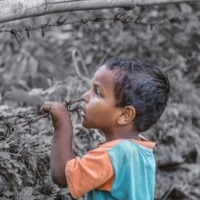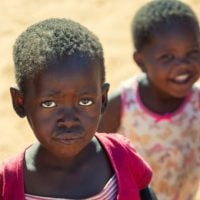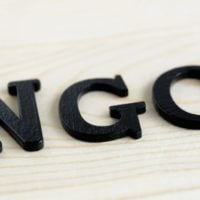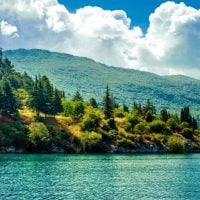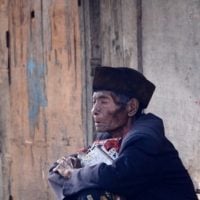Deadline: 31-Jul-2025
The United Nations Office for Disaster Risk Reduction (UNDRR) is inviting non-profit organisations to submit grant proposals for a project aimed at strengthening community-based early warning and early action systems for meteorological, hydrological, and climate extremes in Sudan. The goal is to improve national and community capacity so people can better access and understand early warning messages and take informed action against extreme weather and hazards.
The project focuses on making early warning messages more reliable, co-created, and tailored to local communities. It aims to identify information gaps and barriers, enhance communities’ ability to respond, and develop sub-national early action plans. This initiative builds on the APIS project, funded by the Italian Agency for Development Cooperation, which strengthens Sudan’s flood and drought early warning systems. Implemented by CIMA Research Foundation, the first phase completed in March 2023 included training, institutional reviews, and partnerships with organizations like WMO and ICPAC.
The grant offers up to $250,000 for projects lasting no more than 16 months. Eligible activities include technical workshops, capacity building, institutional strengthening, and advocacy. Capital expenses, scholarships, political support, and subcontracting are not eligible.
Grantees will produce an inception report outlining planned activities, milestones, and expected results. They will conduct a diagnostic synthesis of barriers and opportunities for community-based early warning systems in Sudan using participatory methods. Collaboration with partners like ICPAC will help develop up to four Community Early Action Protocols based on impact forecasts and risk data. The grantee will also gather and analyze community-level loss data to support effective mitigation and improve understanding of national civil defense bulletins to inform community preparedness.
Further activities include two tailored trainings on multi-hazard risk assessment for government and non-government actors, to be held in Port Sudan or Nairobi, depending on security. All activities require detailed documentation, including participant lists with demographic information, event reports, and photos.
Eligible applicants must be non-profit organisations with proven experience working with government authorities and communities on early warning, early action, disaster preparedness, data synthesis, and advocacy in Sudan. They must demonstrate capacity for community engagement and evidence-based approaches to risk reduction.
For more information, visit UNDRR.






